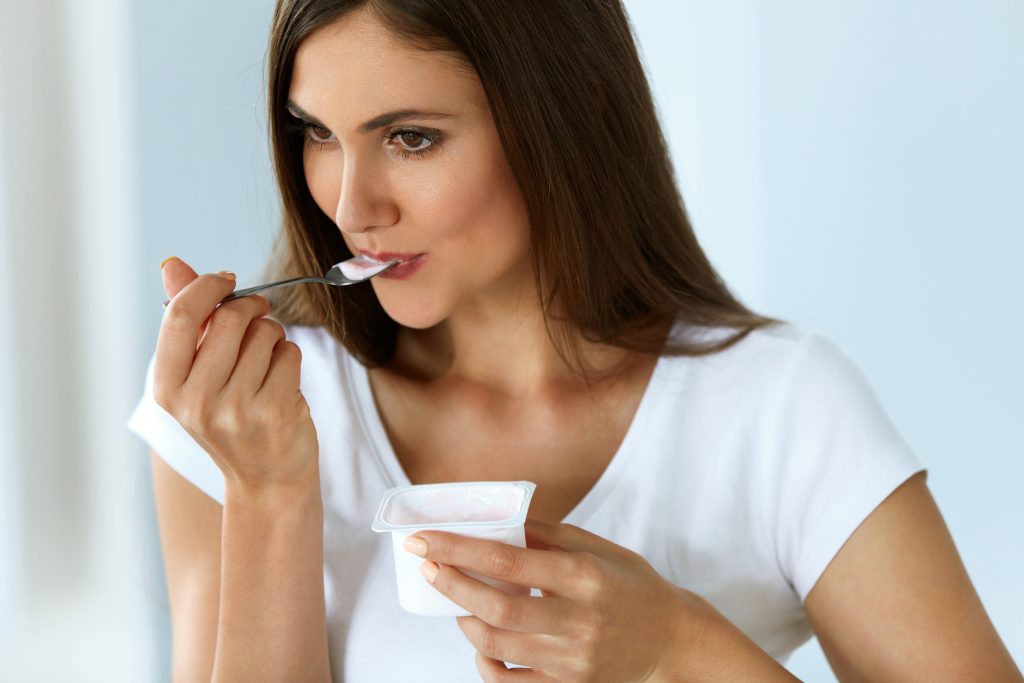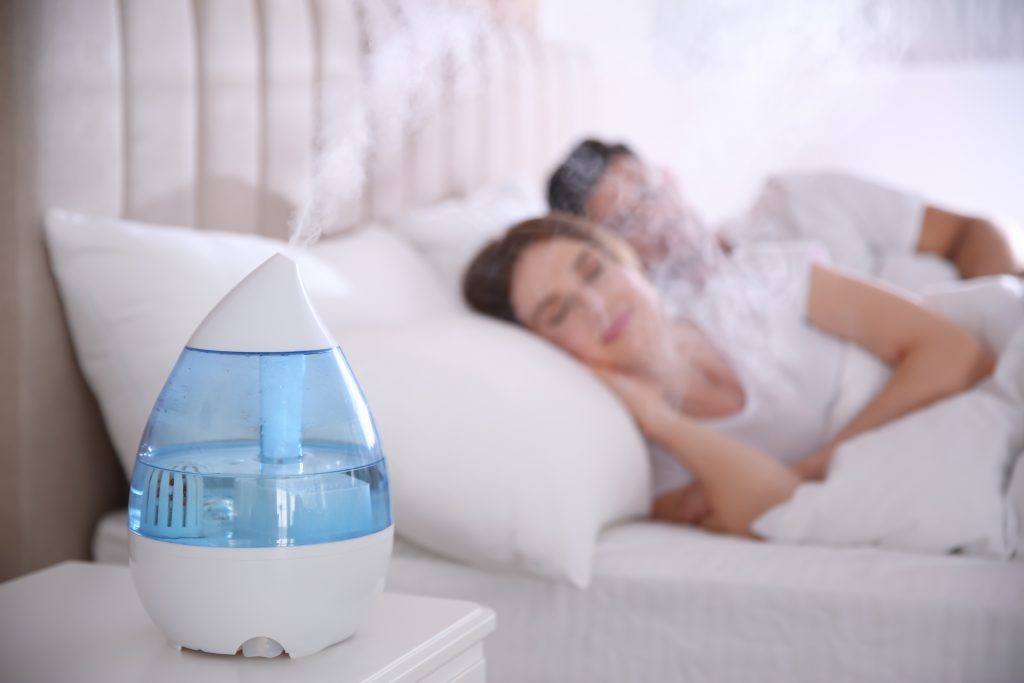August 12, 2022
Is Ice Cream Good for a Sore Throat?
A variety of factors can cause sore throats. Maybe you just had throat surgery, or have a cold or flu, or perhaps it’s just peak allergy season causing your throat to become irritated. Eating ice cream might cheer you up regardless of the cause of your sore throat. But is ice cream good for sore throats?
The answer is maybe, depending on the cause of your sore throat. For patients who have had throat surgery, there is evidence ice cream can help relieve some of the pain from a sore throat. A 2020 study discovered that ice cream reduced some of the pain associated with tonsillectomy! Although more research is needed, enjoying a cold scoop of your favorite ice cream flavor might soothe your sore throat and make you feel better.
However, what if you are trying to cut down on sugar, have a dairy allergy, or don’t like ice cream? What else can you eat and drink when you have a sore throat? It is common for people to wonder about how to treat a sore throat and what to eat and drink. Here are some answers to those common questions.
Are cold or hot foods better for a sore throat?
The answer is both! Depending on the cause of your sore throat, cold and hot foods can help make your sore throat feel better. Cool foods and drinks cool down nerve endings in the throat, reducing pain signals. Cold food helps reduce inflammation and swelling in your throat. It also reduces pain and discomfort. Eating cold foods may be helpful if you have trouble swallowing or breathing through your mouth.
Meanwhile, warm drinks promote salivation and lubricate the throat. Warm teas and beverages often contain healing ingredients like honey and lemon. There are a variety of teas recommended when you have a sore throat.
Try one of these types of teas next time you have a sore throat:
- Slippery elm tea
- Licorice root tea
- Horehound tea
- Chamomile tea
- Turmeric tea
- Green tea
When deciding what to eat and drink when you have a sore throat, it is essential to consider the cause of your sore throat. The causes of a sore throat are varied and complex. Most sore throats are caused by viruses, although bacteria can also play a role. In some cases, there is no known cause.
A sore throat usually starts mild and gradually gets worse over several days. Symptoms typically begin suddenly and worsen within 24 hours. They tend to come on slowly and go away quickly. Some people experience pain around the roof of their mouths or behind their ears.
Others report feverish, chills, headache, muscle aches, fatigue, runny nose, sneezing, coughing, nausea, vomiting, diarrhea, abdominal cramps, joint pains, and loss of appetite.
What should I eat or drink with a sore throat?
If you don’t like ice cream or have a dairy intolerance, what are some other options when you have a sore throat? In general, it is best to choose soft food. You must keep yourself hydrated if you’re suffering from a sore throat. You’ll also want to avoid anything that could irritate your throat further. Whenever you have a sore throat, these are some of the best foods to eat:
1. Oatmeal
Oats are high in fiber, making them a good choice for people with a sore throat. They’re also low in fat and calories, making them a healthy option. Cook up a batch of oatmeal and add some cinnamon and honey.
2. Yogurt
 Yogurt contains probiotics, which boost immunity. For extra flavor, add some vanilla extract.
Yogurt contains probiotics, which boost immunity. For extra flavor, add some vanilla extract.
3. Broth
Broths are rich in nutrients and minerals, making them a great addition to meals. Try chicken broth or vegetable broth.
Other options include warm pasta, macaroni and cheese, gelatin desserts, mashed potatoes, and cooked vegetables. Among these foods are kale, broccoli, and red onions, which have an antioxidant called quercetin that may aid in fighting a cold. Even though their research is relatively new, it may have some potential.
Avocados are another great option to eat when you have a sore throat. In addition to being rich in healthy fats and super soft, they also contain fiber, vitamins, minerals, and antioxidants. Avocados are also easy to prepare.
What should I not eat or drink with a sore throat?
When you have a sore throat, you should avoid the following foods:
- raw meat
- citrus
- spicy food
- crackers
- coffee
- alcohol
Raw meats such as beef, pork, chicken, turkey, lamb, fish, shellfish, and organ meats contain bacteria that can cause a sore throat. If you do choose to eat raw meat, cook it thoroughly and wash your hands well afterward.
Citrus fruits like oranges, lemons, grapefruit, limes, tangerines, and pomelos contain citric acid, irritating your throat. You should reduce the amount of citric acid in your diet by drinking water rather than soda or juice.
Spicy foods like hot peppers, chilies, curry, cayenne pepper, paprika, and horseradish can cause a burning sensation in your mouth and worsen your sore throat.
What are home remedies for a sore throat?
You can also treat a sore throat at home without visiting a store. Here are some of the most effective remedies you can try at home:
- rest
- gargle with warm salt water

- lozenges
- honey
- humidifier
- steam shower
- antibiotics
- chamomile tea drinking
- staying hydrated
Other options include taking over-the-counter (OTC) pain relief medications. Taking antihistamines can help relieve sore throats caused by allergies. Taking an antacid can alleviate a sore throat caused by acid reflux. Before taking medication for a sore throat, talk to your doctor to determine the cause.
Ice cream won’t cure a sore throat, but it may relieve some of the pain. When you have a sore throat, it is important to listen to your body, rest, and seek the appropriate medical care. Learn about the ten best foods to eat with a sore throat on our blog.
DISCLAIMER
The information featured in this site is general in nature. The site provides health information designed to complement your personal health management. It does not provide medical advice or health services and is not meant to replace professional advice or imply coverage of specific clinical services or products. The inclusion of links to other web sites does not imply any endorsement of the material on such websites.